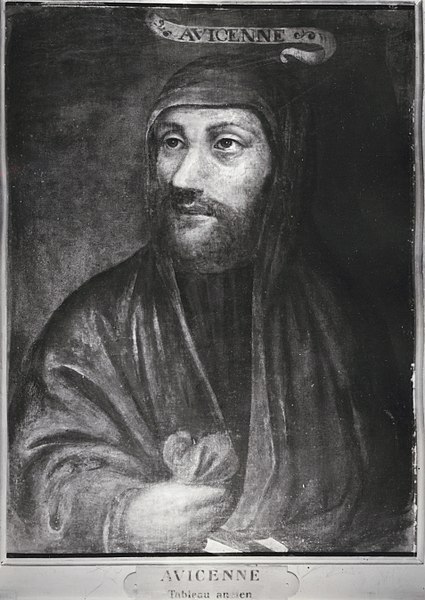In logic and philosophy, a property is a characteristic of an object; a red object is said to have the property of redness. The property may be considered a form of object in its own right, able to possess other properties. A property, however, differs from individual objects in that it may be instantiated, and often in more than one object. It differs from the logical/mathematical concept of class by not having any concept of extensionality, and from the philosophical concept of class in that a property is considered to be distinct from the objects which possess it. Understanding how different individual entities can in some sense have some of the same properties is the basis of the problem of universals.
Property dualism: the exemplification of two kinds of property by one kind of substance
Logic is the study of correct reasoning. It includes both formal and informal logic. Formal logic is the study of deductively valid inferences or logical truths. It examines how conclusions follow from premises due to the structure of arguments alone, independent of their topic and content. Informal logic is associated with informal fallacies, critical thinking, and argumentation theory. It examines arguments expressed in natural language while formal logic uses formal language. When used as a countable noun, the term "a logic" refers to a logical formal system that articulates a proof system. Logic plays a central role in many fields, such as philosophy, mathematics, computer science, and linguistics.
Young America's dilemma: Shall I be wise and great, or rich and powerful? (poster from 1901) This is an example of a false dilemma: an informal fallacy using a disjunctive premise that excludes viable alternatives.
Bertrand Russell made various contributions to mathematical logic.
Image: Aristotle Altemps Inv 8575
Image: Avicenne Avicenna Ibn Sina (980 1037) CIPB2067





